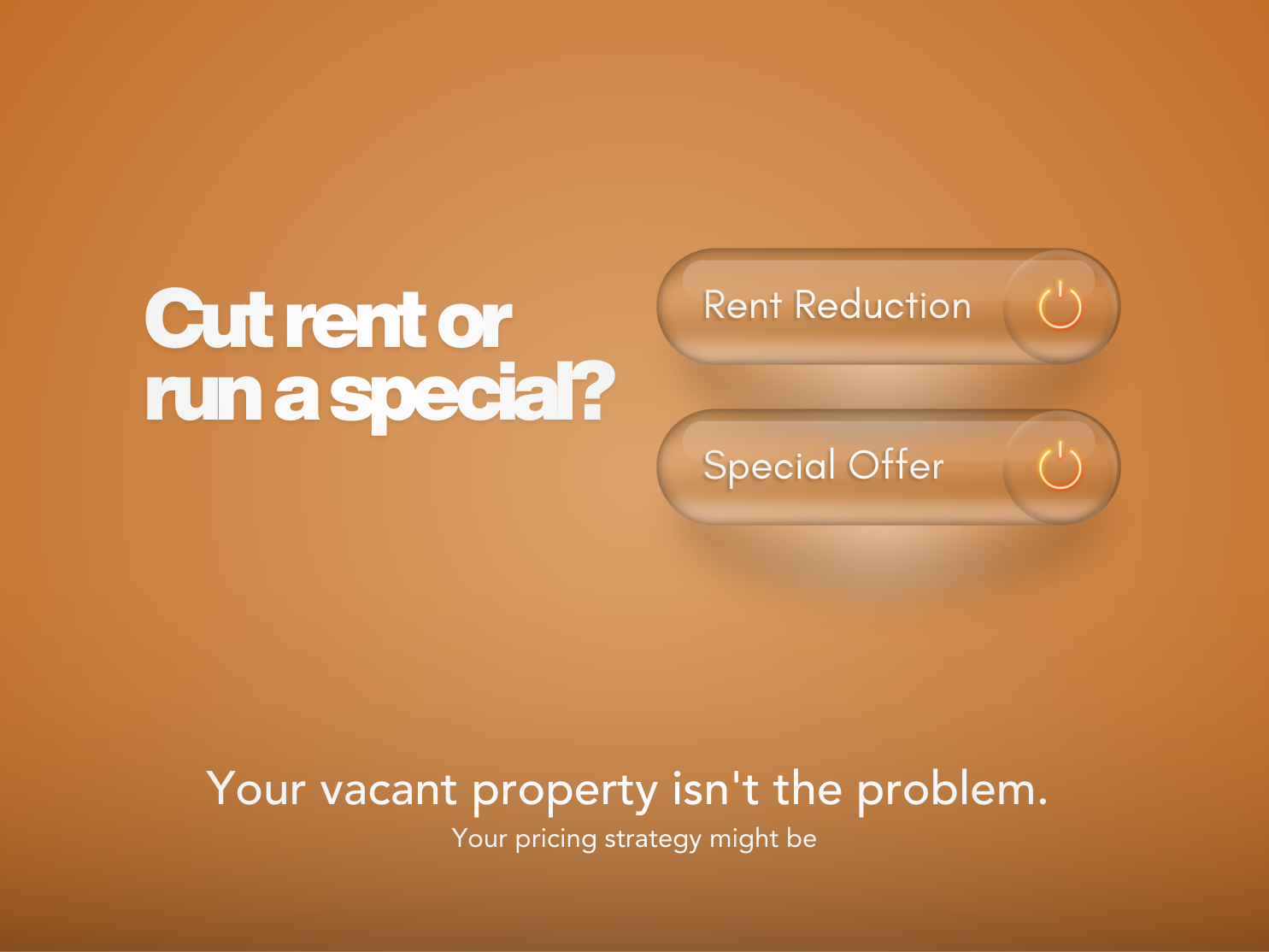Vacation homes are awesome. For those of us who have had the luxury of staying in a truly phenomenal vacation property, we know how awesome vacation properties can be.
Maybe for you, the perfect location is a tropical getaway. For others, sleeping in a giant potato might have changed your perspective on what is possible from a vacation unit.
Your vacation experiences might have even lead you to consider owning a vacation property yourself. After all, wouldn't it be nice to avoid high rental prices and get your family a place to stay whenever it's convenient?
But vacation homes are about more than just vacationing. In fact, they can be an exceptionally valuable investment that helps you secure a financially independent future. So before you go buying your own vacation home, here's what you need to keep in mind.
What you should know about owning a vacation home
When it comes to owning and managing a vacation property, you likely have plenty of questions.
For instance, can you rent out your vacation home if you plan to stay in it yourself? How does a rental property affect your tax obligations? And, are vacation properties as lucrative an investment as, say, a typical rental unit?
The answers to these questions will vary depending on the specific property you're interested in and what your overall goals are for your investment.
First, let's evaluate your options for the property. If you intend to live in the home at least two weeks out of the year or 10% of the days it would otherwise be rented out, then you can treat your property as a second home rather than an investment asset.
This means that you can deduct interest on up to $750,000 of debt associated with your residences. That includes your primary home.
Additionally, you can deduct property taxes up to $10,000 per year for your vacation home. However, capital gains taxes will still apply when it comes time to sell.
Depending on the property itself and the location it's in, different rules and situations will apply to you. Without carrying any positive or negative implications on their own, these aspects of owning a vacation property may impact your investment choices. Here are some important details to keep in mind:
Financing is available on vacation homes but with stricter lending standards.
Lender definitions of a vacation property may vary from tax definitions.
Some locales require special licensing for renting out properties in the short term.
Managing a vacation rental can be fully hands-on if you go it alone or hands-off if you hire a property management company.
Maintenance and repair expenses for vacation rentals are tax-deductible against your rental income.
Explore the pros and cons before you go investing.
Pros and cons of a vacation home
The Pros
Here are some of the common benefits:
The Cons
Consider these cons before you go buying a vacation home:
Investing in your future
You'll need to consider the good, the bad, and the ugly before you commit to an investment that is low in liquidity and high in commitment obligations. This guide can help you manage such an emotionally fraught life decision by providing helpful insights into the niche vacation real estate market.
For more information on real estate investment and property management, contact 208.properties or find us on social media.










